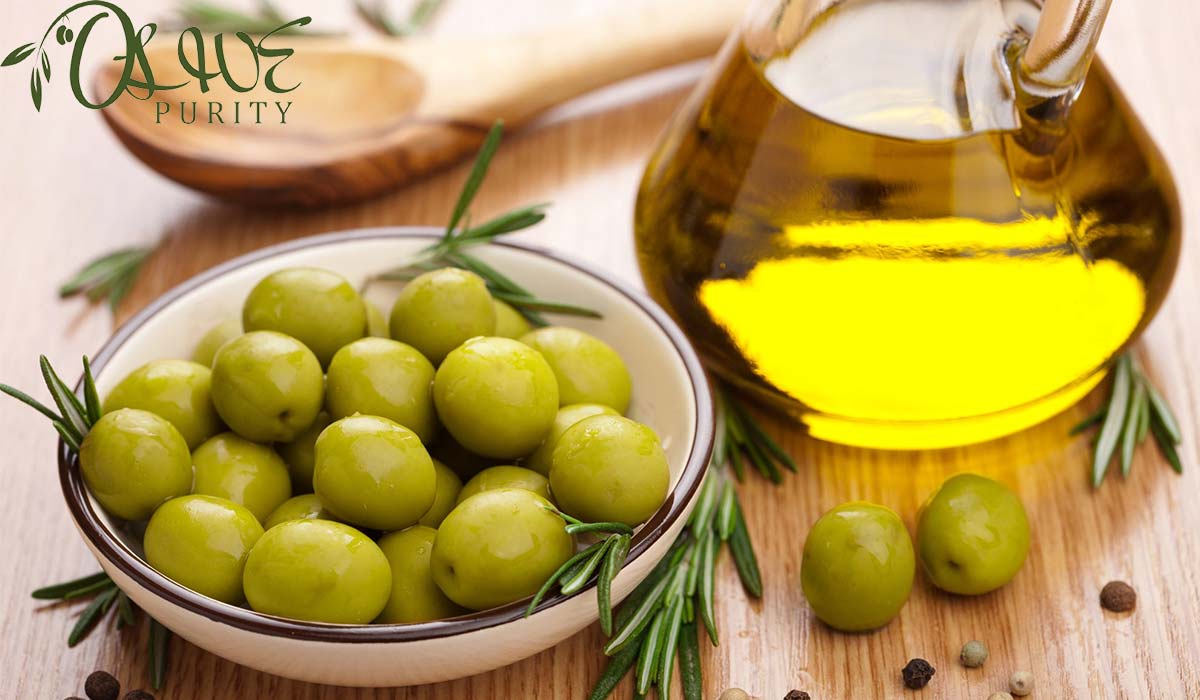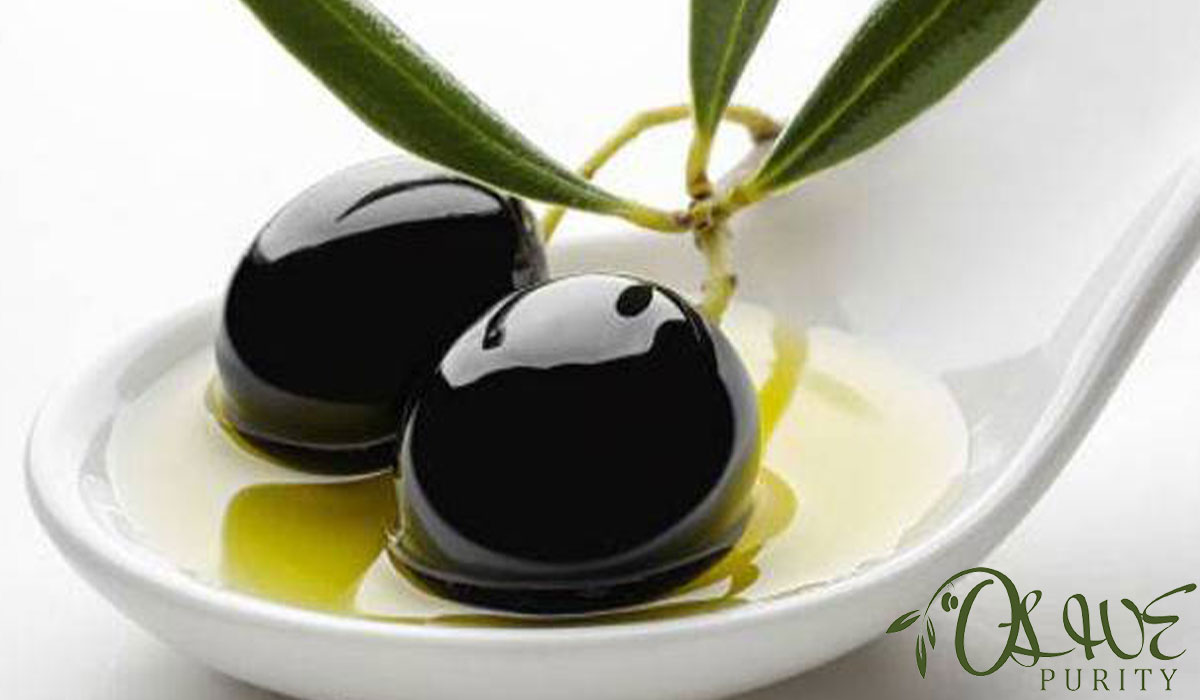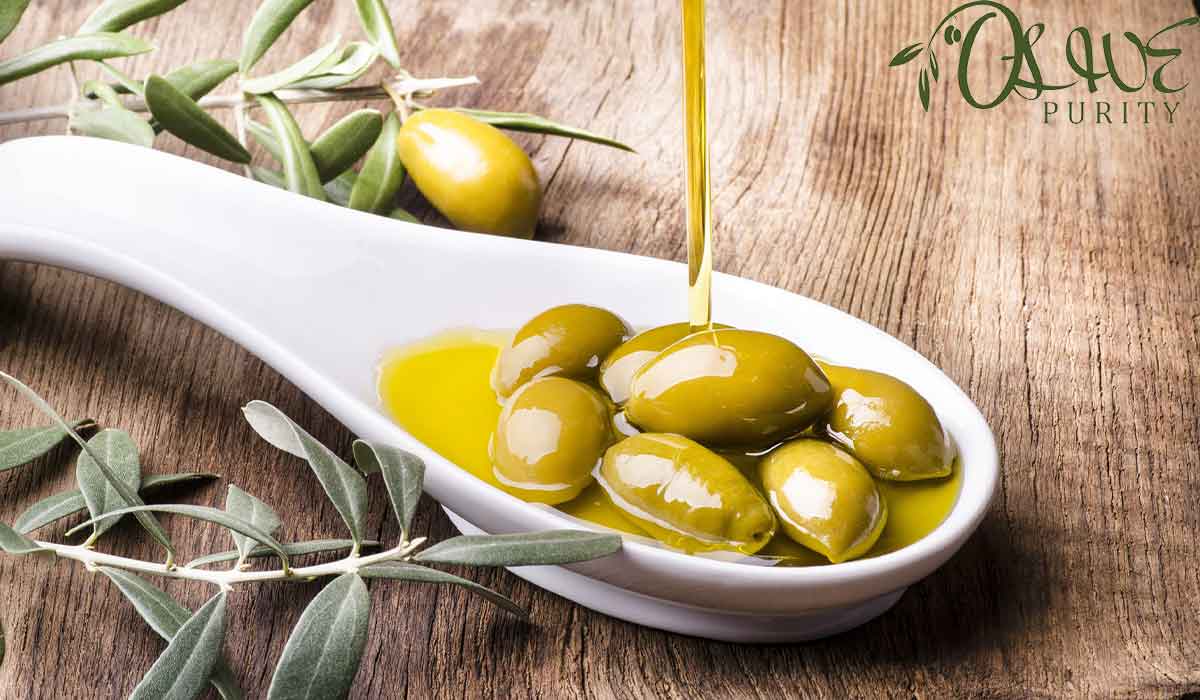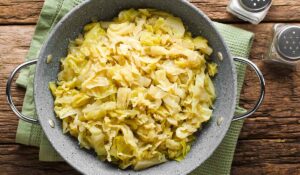Is Olive Oil Kosher? Unraveling the Mysteries of Kashrut
Key Takeaways
- While olives themselves are kosher, the production process and equipment can affect the oil’s status.
- Cold-pressed olive oil typically doesn’t require rabbinical supervision.
- Due to processing methods and potential additives, these oils require oversight to ensure kosherness.
- This assures adherence to kosher production standards and eliminates doubts.
- Some olive oils may require specific certification for Passover use.
- Refer to kosher organizations and rabbis for specific rulings and guidance on brands.
- Don’t expect all olive oil is kosher or that handiest EVOO is appropriate for kosher diets.
Introduction ( Is Olive Oil Kosher? )
In kitchens around the arena, olive oil is a staple that adds a wealthy and flavorful size to diverse dishes. however, for folks that adhere to Jewish nutritional legal guidelines, the query of whether or not olive oil is inherently kosher or calls for unique certification may linger. On this exploration, we are able to delve into the world of olive oil, examining its production processes, the effect on kosherness, and the significance of kosher certification.
Olive Oil Varieties: Breaking Down the Basics
Olive oil comes in diverse kinds, each with its awesome traits. Understanding these varieties is crucial in unraveling the kosher status of this culinary essential:
- More Virgin Olive Oil (EVOO): Regularly taken into consideration the purest shape, EVOO is extracted via bloodless-pressing, a way that does not contain warmness or chemicals.
- Virgin Olive Oil: Slightly decrease in nice than EVOO, virgin olive oil also undergoes bloodless-urgent however may have a better acidity stage.
- Natural Olive Oil: This kind undergoes processing, consisting of refining and filtering, to take away impurities and attain a impartial taste.
- Light Olive Oil: Light in taste and color, this range undergoes huge processing, making it appropriate for cooking with out presenting a sturdy flavor.
The Production Process and Its Impact on Kosherness
The kosherness of olive oil is intricately related to its production system. Right here’s a closer take a look at how the production manner affects the kosher fame:
- Cold-Pressed vs. Processed: Cold-pressed olive oil, which include EVOO, is typically considered inherently kosher because of its natural extraction procedure. however, processed oils can also require extra scrutiny.
- Subtle Olive Oil: Delicate olive oil, while not inherently non-kosher, often requires kosher supervision all through its manufacturing to ensure it adheres to nutritional legal guidelines.
The Parable: All Olive Oil is Kosher
Opposite to a not unusual false impression, now not all olive oil is robotically kosher. The misconception stems from the perception that the natural extraction system of olive oil makes it universally kosher. However, the truth is greater nuanced, and various factors make contributions to the kosher status of olive oil.
Olive Oil in Jewish Spiritual Practices
The significance of olive oil in Jewish non secular practices can be traced back through history, with mentions in the Talmud Yerushalm and the teachings of Rav. The rulings of Rambam on the use of non-kosher vessels further emphasize the meticulous approach taken to maintain kosherness.
Bishul Akum and Raw Consumption
The idea of Bishul Akum, relating to non-Jewish cooking, adds some other layer to the discussion. Raw consumption of olive oil, a not unusual exercise in salads and dips, can be issue to distinctive considerations under Jewish dietary legal guidelines.
Ensuring Kosherness: The Role of Certification
To cope with worries about contamination and components, many individuals are trying to find the steering of reliable kosher certification symbols. these symbols, together with the broadly diagnosed OU (Orthodox Union) and good enough Kosher, provide assurance that the product has undergone thorough inspection and meets the strict standards of kashrut.
Kosher for Passover Considerations
For the duration of Passover, adherence to nutritional legal guidelines will become even more stringent. those gazing Passover want to make sure that their olive oil is not best kosher however also meets the specific necessities for the vacation.
Not Unusual Misconceptions About Kosher Olive Oil
To dispel commonplace misconceptions, it’s vital to make clear that the inherent kosherness of olive oil isn’t always a blanket rule. While certain types, like EVOO, may be more likely to be considered inherently kosher, other varieties and processed oils require careful examination and, in some cases, certification.
Satisfactory Manage and Meals Protection in Kosher Olive Oil Production
Past kashrut, excellent manipulate and meals protection are paramount in the production of kosher olive oil. Kosher certification corporations play a crucial function in making sure that the oil no longer only adheres to religious dietary legal guidelines however additionally meets high requirements of hygiene and purity.
FAQs ( Is Olive Oil Kosher? )
Conclusion: ( Is Olive Oil Kosher? )
In conclusion, the question of whether olive oil is kosher involves a nuanced exploration of its types, production processes, and the meticulous considerations of Jewish dietary laws. While certain types like extra virgin olive oil may be inherently kosher, the landscape is more complex, requiring attention to details such as refining processes and certifications. By understanding the intricacies, consumers can make informed choices and continue to enjoy the rich flavors of olive oil within the framework of kashrut.













